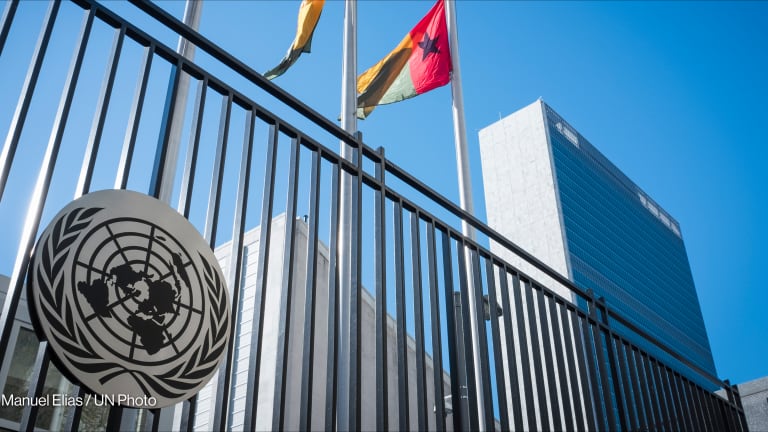Just days after U.S. President Barack Obama appointed Ron Klain as the U.S. Ebola response coordinator in October, European Union member states picked Christos Stylianides, the incoming European Commissioner for Humanitarian Affairs, as the bloc’s new “Ebola czar.”
Following his nomination, Stylianides announced Oct. 24 that he would go to West Africa in early November to assess the needs and gaps in the EU’s efforts to combat the disease. This made him the first high-level international official to visit the Ebola-affected region since the outbreak was first detected in March.
“Incoming commissioner @Stilianides named EU coordinator for fight against #Ebola by #EUCO,” outgoing European Council President Herman Van Rompuy tweeted Oct. 23 from the EU Summit in Brussels.
This story is forDevex Promembers
Unlock this story now with a 15-day free trial of Devex Pro.
With a Devex Pro subscription you'll get access to deeper analysis and exclusive insights from our reporters and analysts.
Start my free trialRequest a group subscription







